How Sleep Affects Your Physical Therapy Outcomes
When it comes to physical therapy, most people focus on exercises, stretches, and manual therapy. However, we often overlook one crucial factor that can significantly impact our progress: sleep. Quality sleep plays a vital role in the body's healing process and can greatly influence the outcomes of physical therapy. In this blog post, we will explore the connection between sleep and physical therapy outcomes, backed by research and expert opinions.
1. Enhanced Tissue Repair:
During sleep, the body enters a restorative state where it repairs and regenerates tissues. Adequate sleep allows your body to heal and recover from the stress and strain experienced during physical therapy sessions. Research suggests that sleep deprivation can impair tissue repair, delaying the healing process and potentially hindering the effectiveness of physical therapy interventions.
2. Optimal Muscle Recovery:
Muscle recovery is a crucial aspect of physical therapy, as it allows the body to adapt and become stronger. Sleep is essential for optimal muscle recovery as it promotes protein synthesis, the process responsible for repairing and building muscle tissue. Studies have shown that individuals who consistently get enough sleep experience better muscle recovery, leading to improved physical performance and rehabilitation outcomes.
3. Pain Modulation:
Pain is a common reason individuals seek physical therapy, and sleep has a significant impact on pain perception and management. Sleep deprivation can lower your pain threshold, making physical therapy exercises and treatments more uncomfortable. On the other hand, getting sufficient sleep can help regulate pain perception, reducing discomfort during therapy sessions and facilitating progress.
4. Improved Cognitive Function:
Physical therapy often involves learning new exercises, techniques, and movement patterns. Sleep plays a vital role in consolidating memory and enhancing cognitive function. When you are well-rested, your ability to concentrate, learn, and retain information improves, allowing you to absorb and apply the knowledge and skills imparted during physical therapy sessions more effectively.
5. Enhanced Mental Health:
Physical therapy can be physically and emotionally demanding. Sleep deprivation has been linked to increased stress, anxiety, and depression, which can negatively impact your overall well-being and hinder your progress in therapy. Prioritizing quality sleep can help promote mental health, reduce stress levels, and provide a positive mindset, all of which are essential for achieving optimal physical therapy outcomes.
Quality sleep is a critical component of a successful physical therapy journey. By prioritizing sleep and ensuring adequate rest, you can enhance tissue repair, promote muscle recovery, regulate pain perception, improve cognitive function, and support your mental well-being. Remember, physical therapy is a holistic process, and a good night's sleep is a powerful tool in achieving your rehabilitation goals.
Sources:
1. Fullagar HH, et al. (2015). Sleep and Athletic Performance: The Effects of Sleep Loss on Exercise Performance, and Physiological and Cognitive Responses to Exercise. https://doi.org/10.3390/nu7053920
2. Dattilo M, et al. (2011). Sleep and muscle recovery: Endocrinological and molecular basis for a new and promising hypothesis. https://doi.org/10.1016/j.mehy.2010.11.023
3. Moldofsky H, et al. (2011). Sleep and pain. https://doi.org/10.1007/s11920-011-0225-4
4. Stickgold R, et al. (2001). Sleep-dependent memory consolidation. https://doi.org/10.1038/35057062
5. Riemann D, et al. (2010). The hyperarousal model of insomnia: A review of the concept and its evidence. https://doi.org/10.1016/j.smrv.2009.07.002

